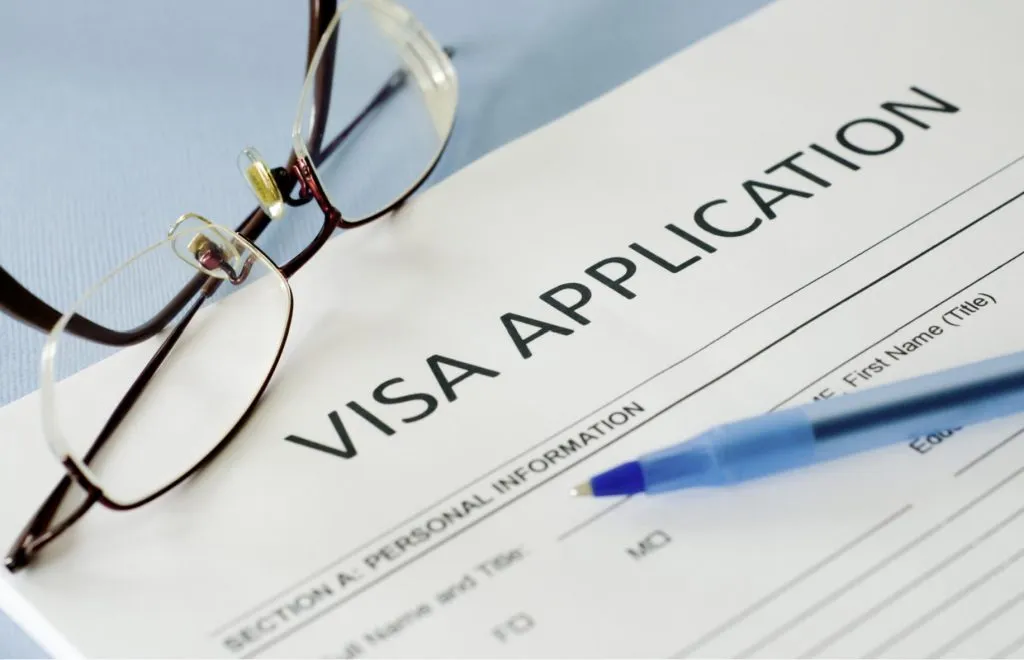The UK Spouse Visa allows non-UK residents to join their partners in the United Kingdom. If your spouse or partner is a British citizen or has settled status in the UK, this visa can pave the way for your move. Understanding the requirements and process can significantly enhance your chances of a successful application. This article delves into the key aspects of the UK Spouse Visa, providing comprehensive information on requirements, the application process, and tips for success.
Requirements for the UK Spouse Visa
Before you start your application, it’s crucial to ensure you meet the eligibility criteria. Here are the primary requirements:
Relationship Criteria
- Genuine Relationship: You must prove that your relationship with your partner is genuine and subsisting. Evidence may include photographs, communication records, and joint financial documents.
- Legal Marriage or Civil Partnership: You must be legally married or in a civil partnership recognized in the UK. If you are not married, you must have been living together in a relationship akin to marriage for at least two years.
Financial Requirements
- Minimum Income Threshold: Your partner must meet a minimum income threshold, currently set at £18,600 per year. If you have dependent children, this threshold increases by £3,800 for the first child and £2,400 for each subsequent child.
- Proof of Income: Acceptable proof includes pay slips, bank statements, and letters from employers. Self-employed individuals can provide tax returns and business accounts.
Accommodation Requirement
You must demonstrate that you have adequate accommodation in the UK that meets the UK living standards. This can be proven with tenancy agreements, mortgage documents, or letters from the property owner.
English Language Requirement
You must prove your proficiency in the English language. This can be done by:
- Passing an Approved English Language Test: The test must be at least at the A1 level of the Common European Framework of Reference for Languages.
- Having an Academic Qualification: If you have a degree taught in English, it may exempt you from taking the language test.
Immigration Health Surcharge
You will need to pay the Immigration Health Surcharge (IHS) as part of your application. This grants you access to the National Health Service (NHS) during your stay.
The Application Process
Once you have ensured you meet the requirements, you can begin the application process. Here’s a step-by-step guide:
Step 1: Prepare Your Documents
Gather all necessary documents, including:
- Proof of identity (passport)
- Proof of relationship (marriage certificate, photos, communication)
- Financial evidence (bank statements, payslips)
- Accommodation details (tenancy agreement, mortgage documents)
- English language test results
- Immigration Health Surcharge payment receipt
Step 2: Complete the Online Application
Fill out the online application form on the UK government’s official website. Ensure all information is accurate and complete to avoid delays or rejections.
Step 3: Pay the Application Fee
Pay the application fee, which varies depending on whether you are applying from inside or outside the UK. The current fee is £1,538 for applications made outside the UK and £1,048 for those made inside the UK.
Step 4: Book a Biometric Appointment
You will need to book an appointment at a visa application center to provide your biometric information (fingerprints and photograph).
Step 5: Attend the Biometric Appointment
Attend your appointment and submit your biometric information. This step is crucial, and missing the appointment can delay your application.
Step 6: Submit Your Application
After completing all the above steps, submit your application and supporting documents. Ensure you keep copies of all submitted documents for your records.
Step 7: Await the Decision
The processing time varies but typically takes up to 12 weeks for applications made outside the UK and 8 weeks for those made inside the UK. During this period, the UK Visas and Immigration (UKVI) may contact you for additional information or an interview.
Tips for a Successful Application
Here are some tips to enhance your chances of a successful UK Spouse Visa extension application:
Be Thorough with Documentation
Ensure all documents are up-to-date, accurate, and complete. Any discrepancies or missing information can lead to delays or rejections.
Double-Check Financial Evidence
Financial requirements are a common reason for application refusals. Double-check that all financial evidence meets the minimum income threshold and is well-documented.
Prepare for the English Language Test
If you need to take an English language test, prepare thoroughly to ensure you meet the required level. Utilize practice materials and consider taking a preparatory course if needed.
Seek Professional Advice
Consider consulting an immigration lawyer or advisor to review your application. They can provide valuable insights and help you avoid common pitfalls.
Be Honest and Transparent
Provide truthful and consistent information throughout your application. Any discrepancies can raise red flags and lead to refusal.
Stay Organized
Keep all your documents organized and easily accessible. This will help you manage your application process efficiently and ensure you don’t miss any crucial steps.
Conclusion
Applying for a UK Spouse Visa can be a complex process, but with the right preparation and understanding of the requirements, you can increase your chances of success. Ensure you meet all eligibility criteria, gather thorough documentation, and consider seeking professional advice to navigate the process smoothly. With careful planning and attention to detail, you can look forward to reuniting with your partner in the UK.




